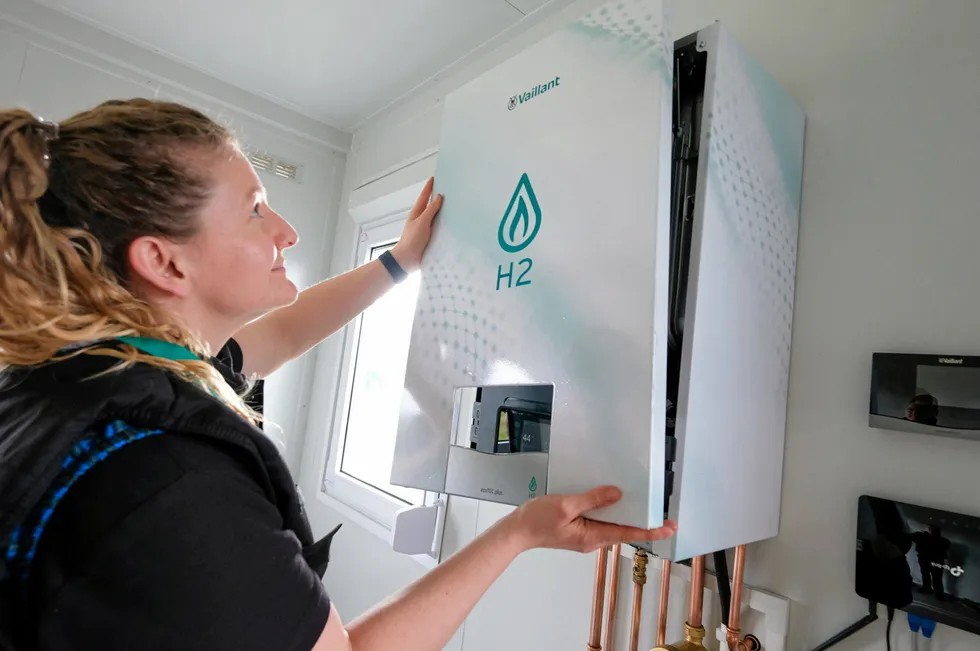UK bill will allow gas companies to force entry into people's homes for hydrogen heating trials
British legislators plan to extend legal right of gas companies to enter private properties to make them safe as part of H2 trials — but say that they would only be used as a last resort
